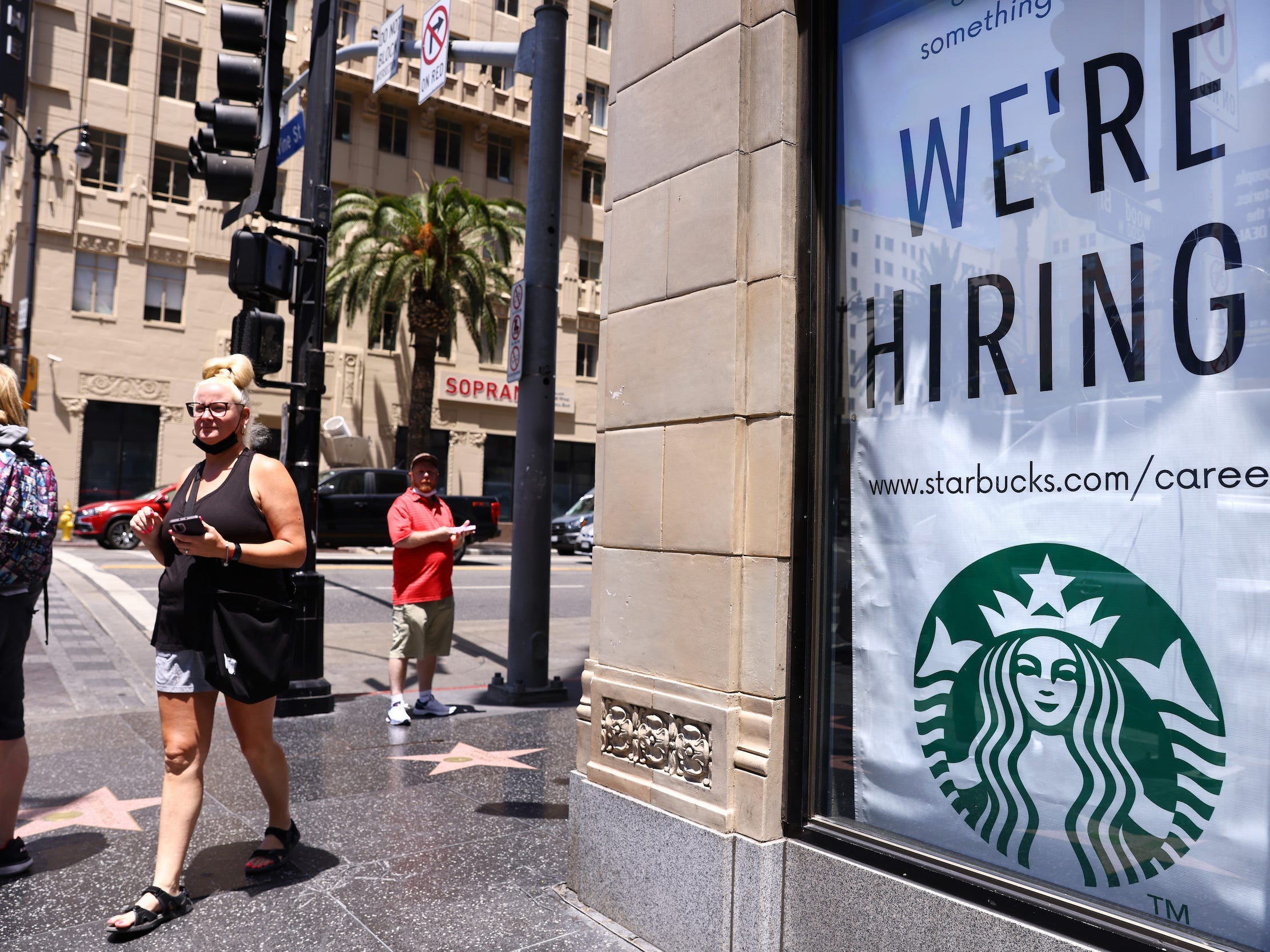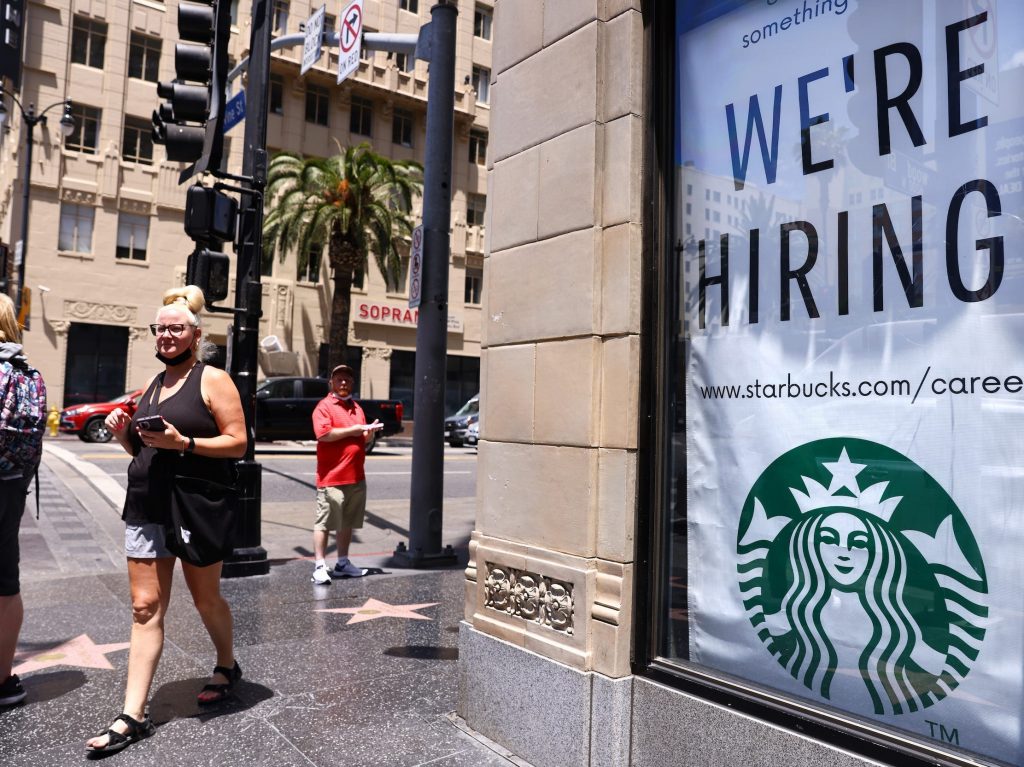
Mario Tama/Getty Images
- Businesses are struggling to hire during the labor shortage, with some turning to robots for mundane jobs.
- The CEO of an automation business told Bloomberg that "people want to remove labor."
- Elon Musk previously said physical work "will be a choice" in the future as automation grows.
Amid a struggle to hire workers, using robots for mundane tasks is helping so much that executives are preparing for robots to take over altogether.
"People want to remove labor," Ametek Inc. CEO David A. Zapico told Bloomberg. Ametek makes automatic equipment for industrial firms, and Zapico said his business is "firing on all cylinders."
Insider has reported on possible causes for the labor shortage, and there's no one reason why people aren't returning to work. Mismatches between the jobs that are open and the skills that workers have are likely partially responsible, and Labor Secretary Marty Walsh told Insider that he thought three things were driving shortages: living through unprecedented times, health concerns, and people rethinking what they want out of work.
Regardless of what the reasons may be, businesses still need to continue operating, and automation has been a viable solution, and a growing trend, across the country. Restaurants struggling to hire workers for months have turned to QR codes where diners can view menus, rather than having a waiter bring them one.
In addition, Cracker Barrel rolled out a mobile app that lets customers pay for meals; McDonald's started testing automated drive-thru ordering at 10 Chicago locations; and Dave & Buster's plans to expand its contactless ordering, effectively getting rid of many restaurant jobs humans once did.
Tesla CEO Elon Musk also noted this growing trend during a presentation in August, when he said he was working on creating a "Tesla Bot," or a robot that would do "dangerous, repetitive, and boring tasks" so humans don't have to.
"Essentially, in the future, physical work will be a choice," Musk said during the presentation. "This is why I think long term there will need to be a universal basic income," he added.
Although businesses may be increasingly turning to robots to do the work humans once did, there is a solution to keeping humans in the labor force: hiking pay. Three employers recently told Insider they're not suffering staff shortages after raising their starting wages, with one admitting she was "actually a bit overstaffed" after raising base pay from $11 an hour to $14 an hour.
Still, if the automatic trend continues, economics write Noah Smith noted in a June blog post it might not be the worst thing for humans. He said it could optimize job growth given that people who were taking orders and busing tables could develop more valuable skills.
